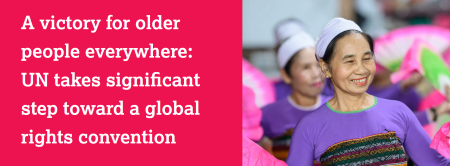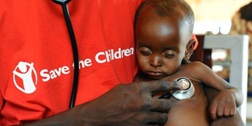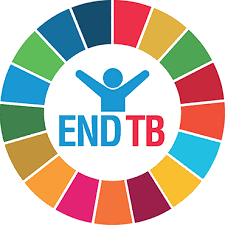UN Takes Significant Step Toward a Global Rights Convention
Apr 06, 2025

Such good news! In a landmark moment for the global movement to protect the rights of older people, the UN Human Rights Council has adopted a resolution to establish an intergovernmental working... Read more

